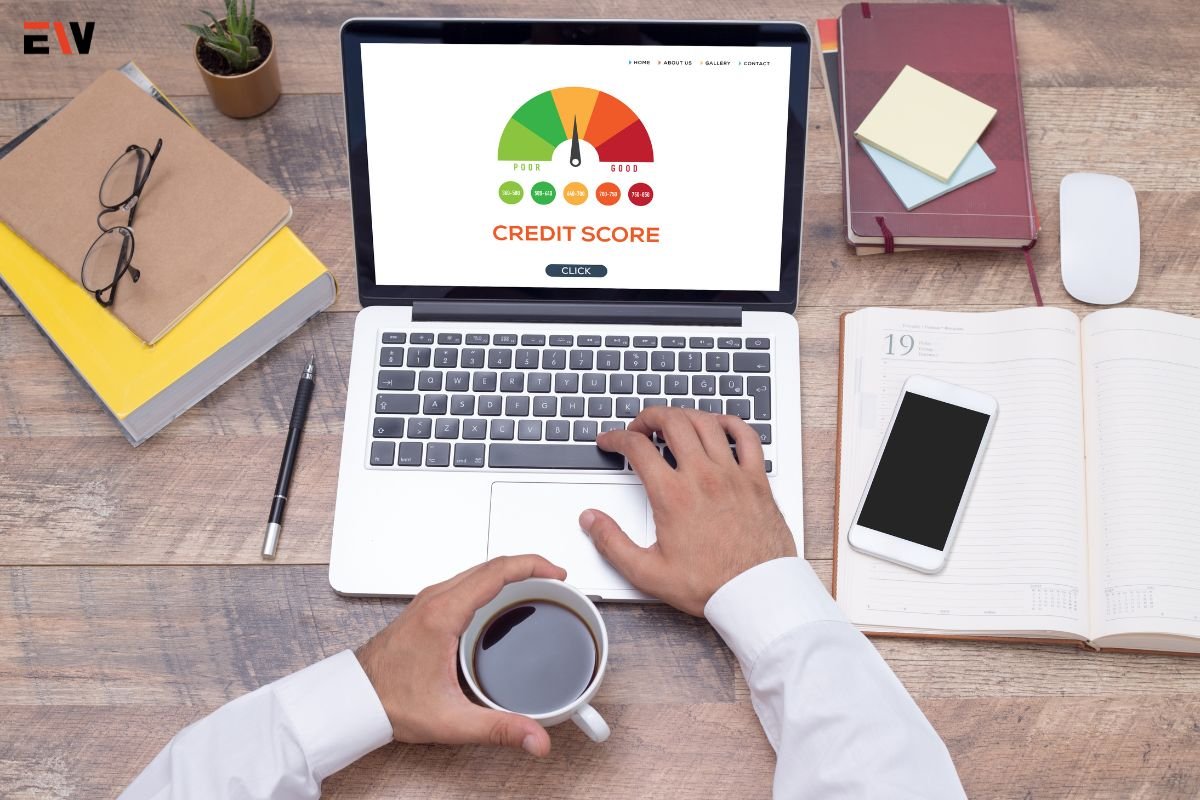In an era marked by economic uncertainties and financial challenges, debt management programs offer individuals a pathway to regain control of their finances, alleviate debt burdens, and pave the way toward financial stability. In this comprehensive guide, we’ll explore the significance of debt management programs, outline their key components, and highlight the transformative impact they can have on individuals striving to achieve financial freedom.
Understanding Debt Management Programs
Debt management programs (DMPs) are structured financial plans designed to help individuals repay their debts in a manageable and structured manner. These programs are typically offered by nonprofit credit counseling agencies, which work with individuals to develop personalized debt repayment strategies tailored to their financial situation and goals.
Key Components of Debt Management Programs
1. Financial Assessment:

The first step in a debt management program is a comprehensive financial assessment conducted by a certified credit counselor. During this assessment, the counselor reviews the individual’s income, expenses, debts, and financial goals to gain a thorough understanding of their financial situation.
2. Budgeting and Financial Planning:
Based on the financial assessment, the credit counselor helps the individual create a realistic budget and financial plan. This plan outlines monthly income, expenses, and debt obligations, allowing the individual to allocate funds effectively toward debt repayment while covering essential living expenses.
3. Negotiation with Creditors:
One of the primary benefits of debt management programs is that credit counselors negotiate with creditors on behalf of the individual to secure favorable repayment terms. This may include reduced interest rates, waived fees, or extended repayment periods, making it easier for the individual to manage their debt obligations.
4. Consolidation and Payment Distribution:
In some cases, individuals may choose to consolidate their debts into a single monthly payment administered by the credit counseling agency. The agency then distributes these funds to creditors on behalf of the individual, streamlining the repayment process and ensuring that payments are made on time.
5. Financial Education and Counseling:

DMPs often include financial education and counseling sessions to empower individuals with the knowledge and skills needed to make informed financial decisions and avoid future debt problems. Topics may include budgeting, saving, credit management, and debt prevention strategies.
Transformative Impact of Debt Management Programs
1. Debt Reduction and Elimination:
DMPs provide individuals with a structured framework for repaying their debts, leading to tangible progress and eventual debt elimination. By consolidating debts, negotiating with creditors, and adhering to a repayment plan, individuals can reduce their overall debt burden and achieve financial freedom.
2. Lower Interest Rates and Fees:
Through negotiation with creditors, DMPs often result in lower interest rates, waived fees, and more favorable repayment terms. This not only reduces the total amount owed but also lowers the monthly payments, making it easier for individuals to manage their debt obligations within their budget.
3. Improved Credit Score:

As individuals progress through a debt management program and make timely payments, their credit scores may gradually improve. By demonstrating responsible financial behavior and reducing outstanding debts, individuals can rebuild their creditworthiness over time, opening up opportunities for future financial endeavors.
4. Stress Reduction and Peace of Mind:
DMPs provide individuals with a sense of control and empowerment over their financial situation, alleviating stress and anxiety associated with debt. With a clear plan in place and the support of a credit counselor, individuals can approach their financial challenges with confidence and peace of mind.
Choosing the Right Debt Management Program
When selecting a debt management program, individuals should consider factors such as the reputation and accreditation of the credit counseling agency, the cost of the program, the level of personalized support and guidance offered, and the terms of the repayment plan. By choosing a reputable and trustworthy agency that meets their needs, individuals can maximize the benefits of the program and achieve their financial goals.
Conclusion
Debt management programs offer a lifeline to individuals struggling with debt, providing a structured framework for repayment, negotiation with creditors, and financial education. By enrolling in a debt management program, individuals can take proactive steps toward regaining control of their finances, reducing debt burdens, and achieving long-term financial stability. As individuals embark on this journey toward financial freedom, DMPs serve as invaluable resources, empowering them to overcome financial challenges and build a brighter financial future.










